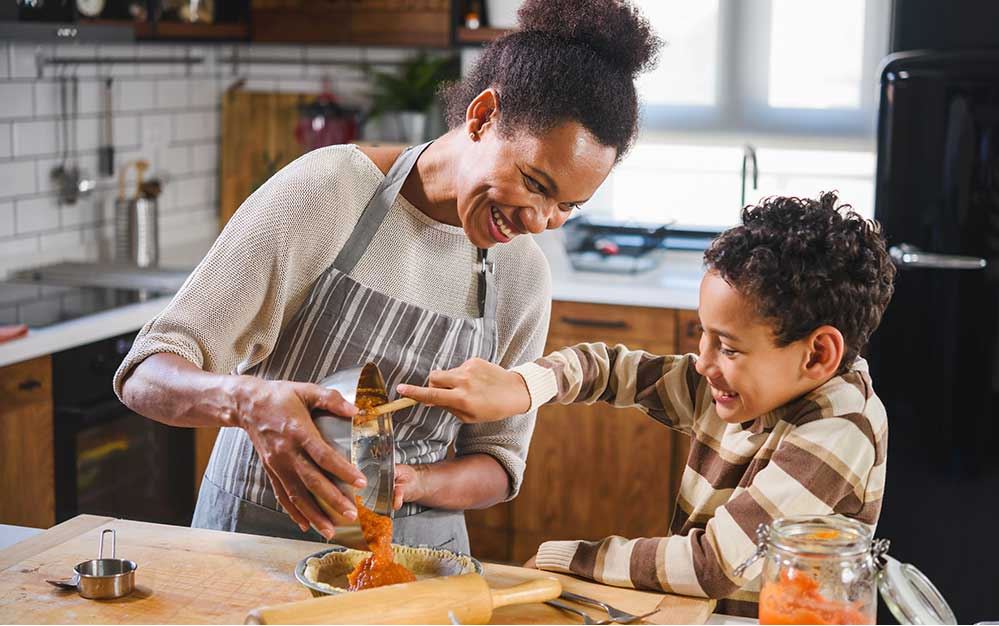The holiday season is usually a time for reconnecting with family and friends. In a year when COVID-19 continues to disrupt our sense of normalcy, many are foregoing gatherings to keep themselves, their loved ones, and their communities safe. The loss of routine and traditions during the much-anticipated holidays can be challenging for everyone, especially children.
“Children have been dealing with a lot of change and unpredictability for some time now. They’re expecting holidays to be different because so much else is,” says Shanee Toledano, PhD, psychologist and clinical supervisor at Rogers’ Atlanta clinic. “But expecting change doesn’t mean children won’t feel sad, disappointed, a sense of loss, worried, or anxious,” she explains.
Dr. Toledano says parents should initiate a conversation about the holidays and not wait for their children to begin asking questions.
“Pick a time when you normally have conversations like during dinner, or if you have weekly family meetings.” Dr. Toledano says. “Have a matter-of-fact tone when discussing changes and options and be supportive if there are emotional reactions. You don’t need to apologize or take personal responsibility. After an initial conversation about changes in this year’s holiday traditions, avoid providing frequent reminders or making comparisons to other years,” she adds.
Dr. Toledano has additional tips for parents as they talk to their children about the holidays.
- Maintain open communication and be honest if you don’t know the answers to their questions.
- Relate to your child’s emotions by sharing if you also feel sad or disappointed.
- Plan ahead to give your children a sense of predictability.
- Model how to deal with difficult emotions.
- Empower children to help make decisions and create new traditions.
“Even if families can’t be together, it’s important to foster a sense of connectivity,” says Dr. Toledano. “Consider a virtual decorating or baking contest, or have younger kids create and send handmade greeting cards. It can be helpful to have a tangible reminder that their loved ones are still within reach. Rather than approaching the holiday season with the attitude of ‘Let’s just forget this year’ and ‘Next year will be better’, try to look at it like this is the beginning of something new. Realize that a year is a long time in the eyes of a child, so focus on creating new traditions as a family that you can continue in the years to come. That’s one of the reasons why traditions are so important—we have expectations about them, and they have a sense of permanence.”
Parents need support, too
Dr. Toledano says since many parents have been spending a lot of time with their children at home, it’s important for them to seek support in their own social circles.
“Carve out time and space in your calendar to just be around adults,” Dr. Toledano says. “For parents who have served in the additional role of teacher, embrace the opportunity and make a conscious effort to shift away from that added responsibility. Mark the change between the holidays and school days by engaging in new routines or leisure activities,” she adds.
Dr. Toledano says give yourself permission to have your own emotions.
“We all have high expectations during the holiday season that we’re supposed to be joyful,” says Dr. Toledano. “It’s hard to meet that standard in ‘normal’ years much less now. Validate for yourself and your children that it’s okay to experience different emotions during this holiday season, and that doesn’t detract from enjoying them at the same time.”
Rogers can help
If you or someone you love is struggling with mental health, Rogers offers compassionate, evidence-based care for adults, adolescents, and children across the country. Call 800-767-4411 for a free, confidential screening or request one online.


